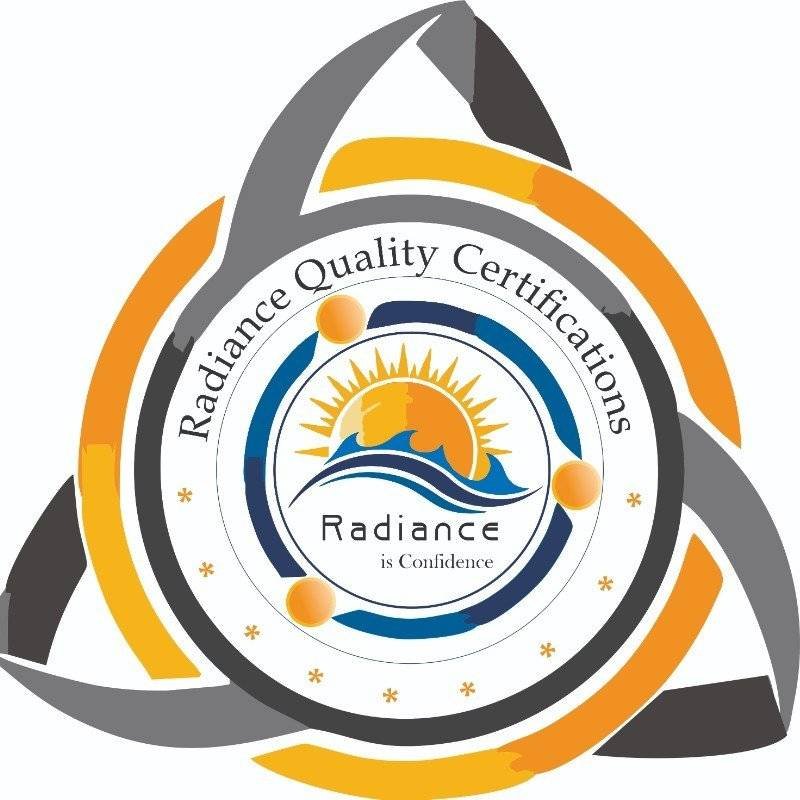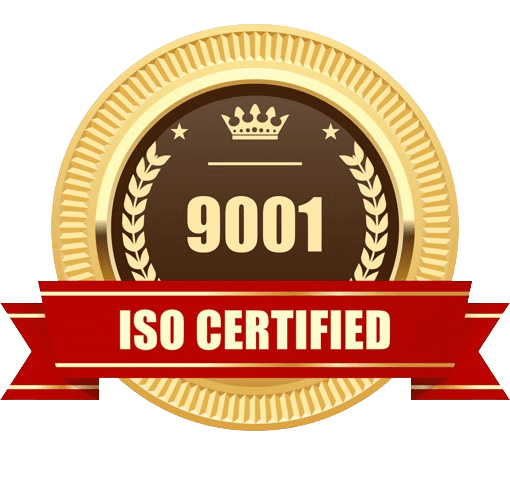The Importance of Website Development in Real Estate

In today’s digital age, the real estate industry is undergoing a significant transformation. A strong online presence has become essential for real estate businesses to stay competitive. Website development plays a crucial role in this transformation, providing numerous benefits that can enhance user experience, showcase properties effectively, and build credibility and trust.
This article explores the importance of website development in real estate and how it can help businesses thrive in a digital market.
From boosting security to improving SEO, these tools are essential for every developer aiming to create a top-notch website. Plus, we’ll also touch on how TurnOnWeb, a professional website development company, can help you take your WordPress site to the next level.
Enhancing User Experience
A well-designed website ensures that visitors can easily navigate through the content. Clear menus, intuitive layouts, and user-friendly interfaces make it simple for potential clients to find the information they need. Accessibility features, such as alt text for images and keyboard navigation, also ensure that the website is usable by all individuals, including those with disabilities.
Mobile Responsiveness
With the increasing use of smartphones and tablets, it is crucial for real estate websites to be mobile-responsive. A responsive design ensures that the website looks and functions well on all devices, providing a seamless experience for users whether they are browsing on a desktop or a mobile device.
Fast Loading Times
Website speed is a critical factor in user experience. Slow loading times can frustrate visitors and lead them to leave the site. Optimizing images, minimizing code, and leveraging browser caching are some of the techniques used to improve website speed, ensuring that visitors can quickly access the content they are looking for.
Showcasing Properties Effectively
High-Quality Images and Virtual Tours
High-quality images and virtual tours are essential for showcasing properties effectively. They provide potential buyers with a detailed view of the property, allowing them to explore it from the comfort of their homes. Virtual tours, in particular, can give a realistic feel of the property, making it easier for buyers to make informed decisions.
Detailed Property Descriptions
Comprehensive property descriptions are another key feature of a successful real estate website. These descriptions should include all relevant details such as the number of bedrooms and bathrooms, square footage, amenities, and any unique selling points. Clear and concise descriptions help potential buyers understand the value of the property.
Interactive Maps and Neighborhood Information
Interactive maps and neighborhood information provide additional context about the property. Maps can show the property’s location relative to nearby amenities such as schools, parks, and shopping centers. Neighborhood information can include details about the community, local events, and safety statistics, helping buyers get a better sense of the area.
Building Credibility and Trust
Professional Design and Branding
A professionally designed website with consistent branding helps build credibility and trust with potential clients. A clean, modern design reflects positively on the business, while consistent use of colors, fonts, and logos reinforces brand identity.
Client Testimonials and Reviews
Including client testimonials and reviews on the website can further build trust. Positive feedback from satisfied clients serves as social proof, demonstrating the business’s reliability and quality of service.
Security Features and Data Protection
Security is a major concern for online users. Implementing security features such as SSL certificates, secure payment gateways, and data encryption can protect sensitive information and reassure clients that their data is safe.
Related: What Are the Advantages of Investing in a Website Development Company?
Search Engine Optimization (SEO) for Real Estate Websites
Importance of SEO in Real Estate
SEO is vital for improving a website’s visibility on search engines. By optimizing the website for relevant keywords, real estate businesses can attract more organic traffic from potential buyers and sellers searching for properties online.
Keywords and Content Strategies
Effective SEO involves researching and using the right keywords. Content strategies such as blogging, creating informative pages, and regularly updating content can help improve search engine rankings.
Local SEO Techniques
Local SEO is particularly important for real estate businesses. Optimizing the website for local searches by including location-based keywords, creating Google My Business listings, and obtaining local backlinks can drive more targeted traffic to the site.
Lead Generation and Conversion
Contact Forms and Call-to-Actions
A well-designed real estate website should include clear call-to-actions (CTAs) and easy-to-use contact forms. CTAs guide visitors towards taking specific actions, such as scheduling a viewing or requesting more information, while contact forms capture leads and facilitate follow-up.
Integration with CRM Systems
Integrating the website with Customer Relationship Management (CRM) systems can streamline lead management. CRM systems help businesses track and manage interactions with potential clients, improving efficiency and conversion rates.
Analytics and Tracking User Behavior
Analytics tools provide valuable insights into user behavior on the website. By tracking metrics such as page views, bounce rates, and conversion rates, businesses can identify areas for improvement and optimize their strategies to enhance user experience and increase conversions.
Related: Creating Effective PPC Strategies with Google Ads: A Comprehensive Guide
Content Management and Updates
Easy-to-Use Content Management Systems (CMS)
A CMS allows real estate businesses to manage and update their website content easily. User-friendly CMS platforms like WordPress enable non-technical users to add new listings, publish blog posts, and make updates without needing to code.
Regular Updates and Blog Posts
Regular updates and blog posts keep the website fresh and engaging. Blog posts can cover topics such as market trends, buying and selling tips, and community news, providing valuable information to visitors and improving SEO.
Integrating Market Trends and News
Including market trends and news on the website positions the business as an industry expert. Providing up-to-date information on the real estate market helps attract and retain visitors, building trust and credibility.
Related: Pros and Cons: Is WordPress the Right Choice for Your Business Website?
Integration with Social Media
Social Media Marketing Strategies
Integrating the website with social media platforms can enhance marketing efforts. Sharing property listings, blog posts, and updates on social media can drive traffic to the website and engage with potential clients.
Sharing Property Listings
Social media is an effective channel for sharing property listings. Eye-catching images and engaging descriptions can capture the attention of potential buyers and direct them to the website for more information.
Engaging with Potential Clients
Social media also provides an opportunity to engage with potential clients. Responding to comments, answering questions, and participating in conversations can build relationships and foster trust.
Cost-Effectiveness of a Well-Designed Website
Reducing Marketing Costs
A well-designed website can reduce marketing costs by providing a cost-effective platform for advertising properties and reaching potential clients. Unlike traditional advertising methods, online marketing can be more targeted and efficient.
Improving ROI on Advertising
A strong online presence can improve the return on investment (ROI) on advertising. By attracting more traffic and converting leads into clients, a well-designed website can increase revenue and profitability.
Long-Term Financial Benefits
Investing in a professional website has long-term financial benefits. A well-maintained website can continue to attract and engage clients, providing a steady stream of leads and sales over time.
Future Trends in Real Estate Website Development
AI and Chatbots for Customer Service
Artificial intelligence (AI) and chatbots are becoming increasingly popular in customer service. They can provide instant responses to inquiries, improving customer experience and freeing up human resources for more complex tasks.
Augmented Reality (AR) and Virtual Reality (VR)
AR and VR technologies are revolutionizing the way properties are showcased. Virtual tours and AR apps allow potential buyers to explore properties in immersive ways, providing a more engaging experience.
How TurnOnWeb Can Help
- Custom Website Design and Development: TurnOnWeb offers custom website design and development services tailored to the real estate industry. Their team of experts can create a professional and user-friendly website that meets the specific needs of your business.
- SEO Services Tailored for Real Estate: TurnOnWeb provides SEO services specifically designed for real estate websites. They can help improve your website’s visibility on search engines, attract more organic traffic, and increase leads.
- Integration with CRM and Social Media Platforms: TurnOnWeb can integrate your website with CRM systems and social media platforms, streamlining your operations and enhancing your marketing efforts. This integration ensures that you can manage leads effectively and engage with potential clients.
- Performance Optimization: Techniques and tools to ensure your site loads quickly and runs smoothly.
- Ongoing Support and Maintenance: TurnOnWeb offers ongoing support and maintenance to ensure that your website remains up-to-date and functions smoothly. Their team can handle updates, security patches, and any technical issues, allowing you to focus on your core business.
By partnering with TurnOnWeb, you can ensure your Real Estate website is not only functional and secure but also optimized for success. Whether you’re starting from scratch or looking to enhance an existing site, TurnOnWeb has the expertise to help you achieve your goals.
Fuel Your Business with Powerful Knowledge
Subscribe for Online Success Tips and Increase Your Revenue!
Conclusion
Website development for real estate businesses to stay competitive in a digital market. A well-designed website can enhance user experience, showcase properties effectively, build credibility, and generate leads.
By investing in website development and leveraging the expertise of services like TurnOnWeb, real estate businesses can thrive in
People Also Ask
1. Why is mobile responsiveness important for a real estate website?
3. How can local SEO benefit my real estate business?
4. What role do virtual tours play in real estate websites?
Virtual tours allow potential buyers or renters to explore properties online, providing a comprehensive view without needing to visit in person. This can be particularly useful for attracting out-of-town clients.
5. How can I drive more leads through my real estate website?
- QUICK LINKS
TurnOnWeb Solutions - Zoho's Partner
- QUICK LINKES
- SERVICES




